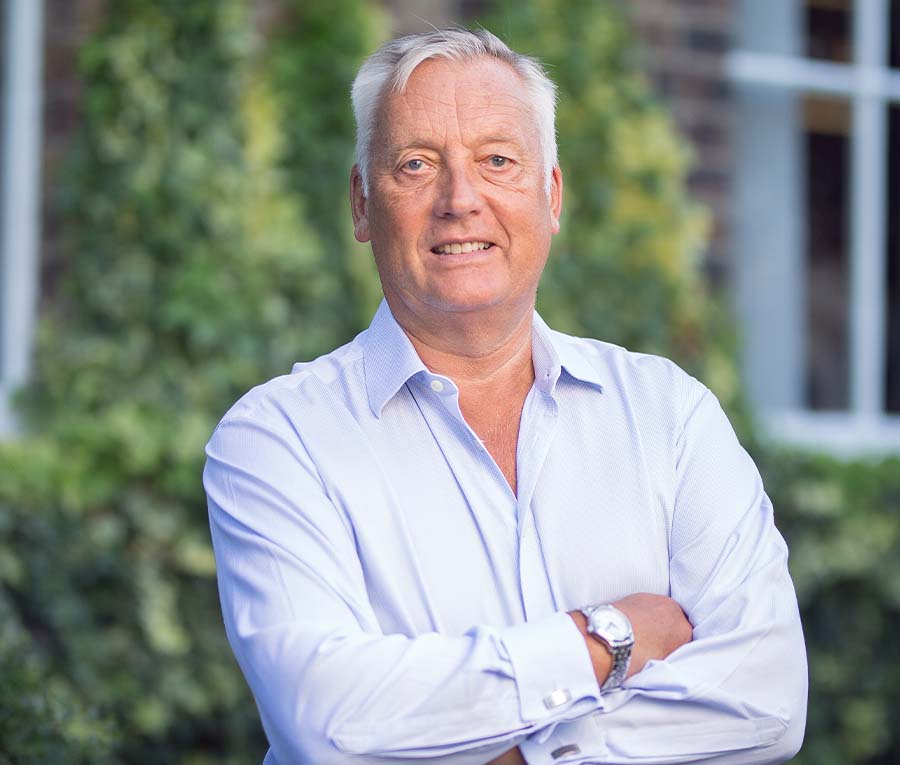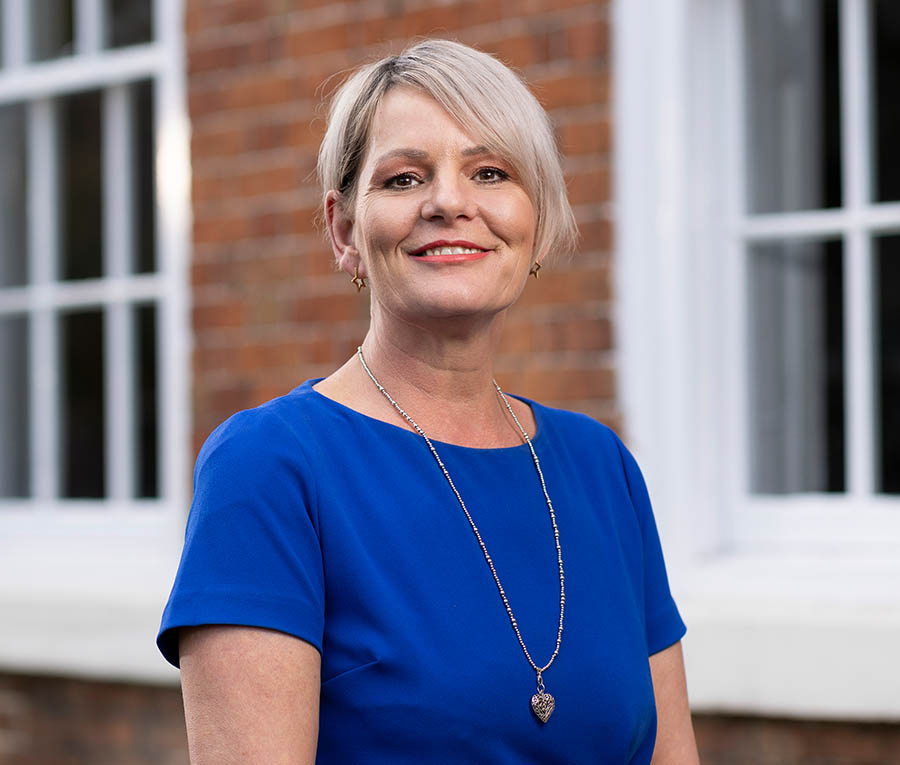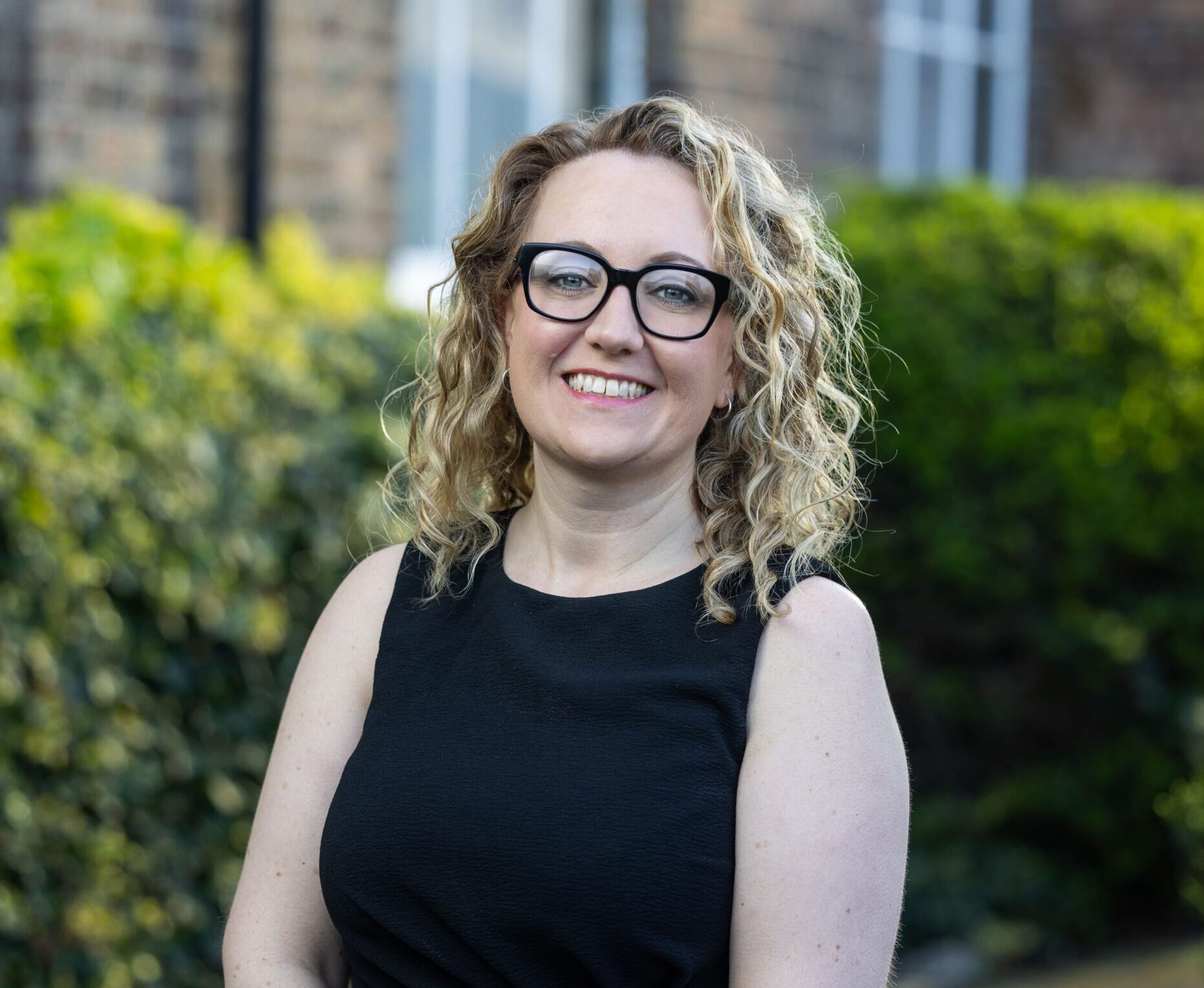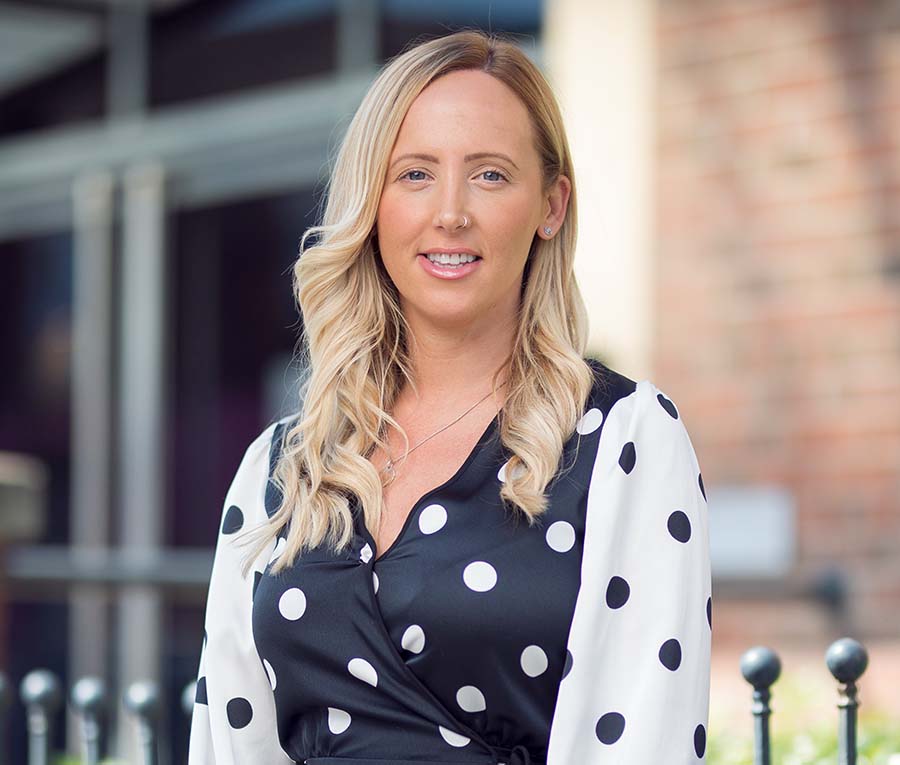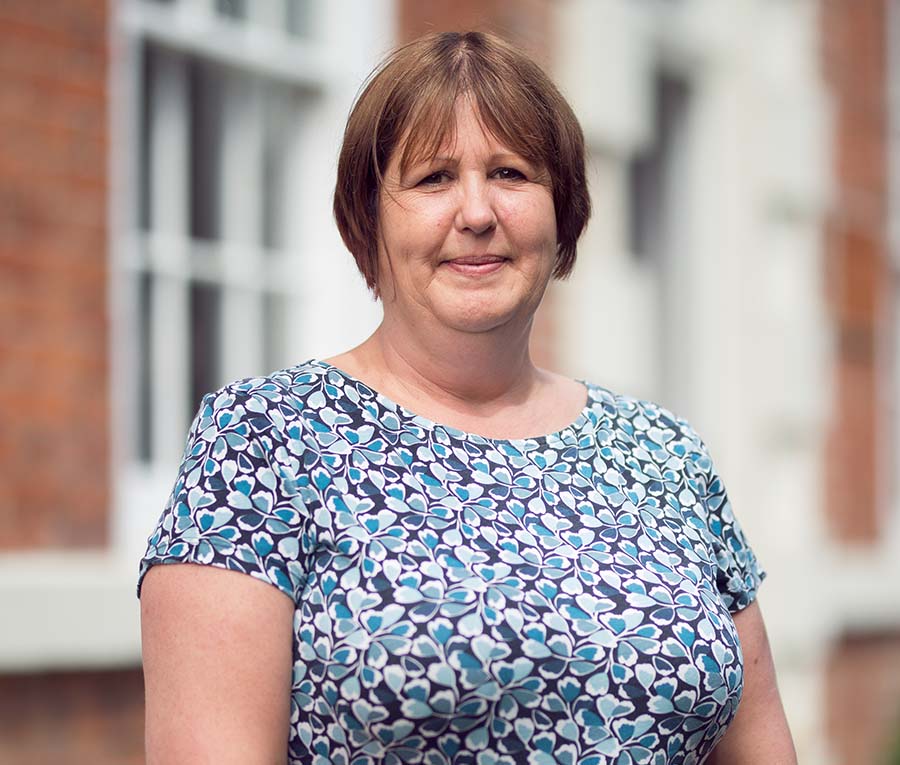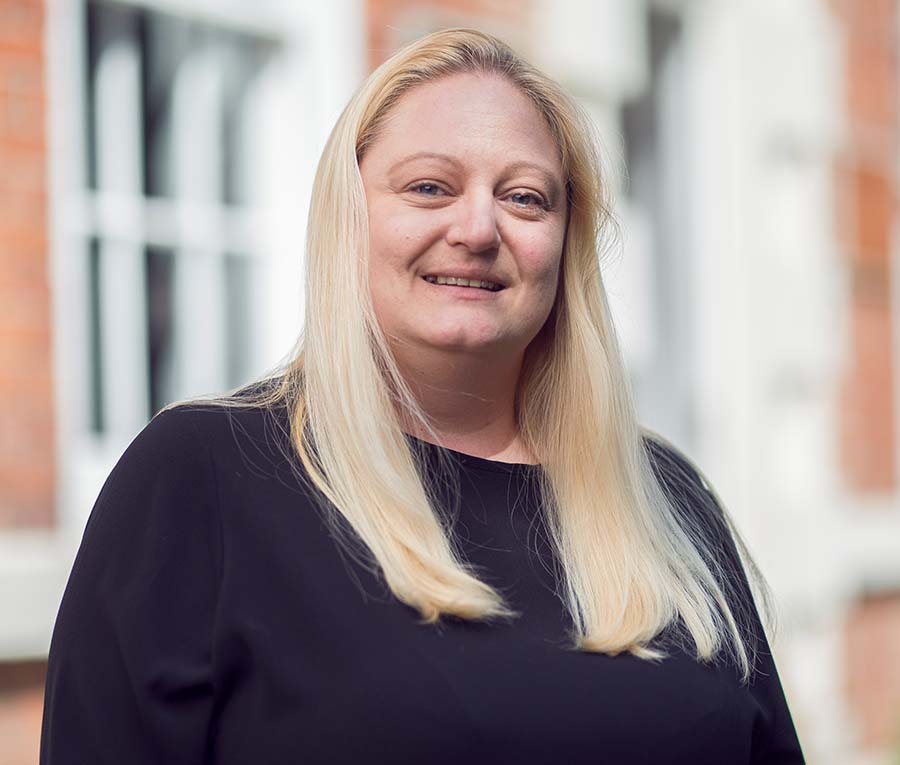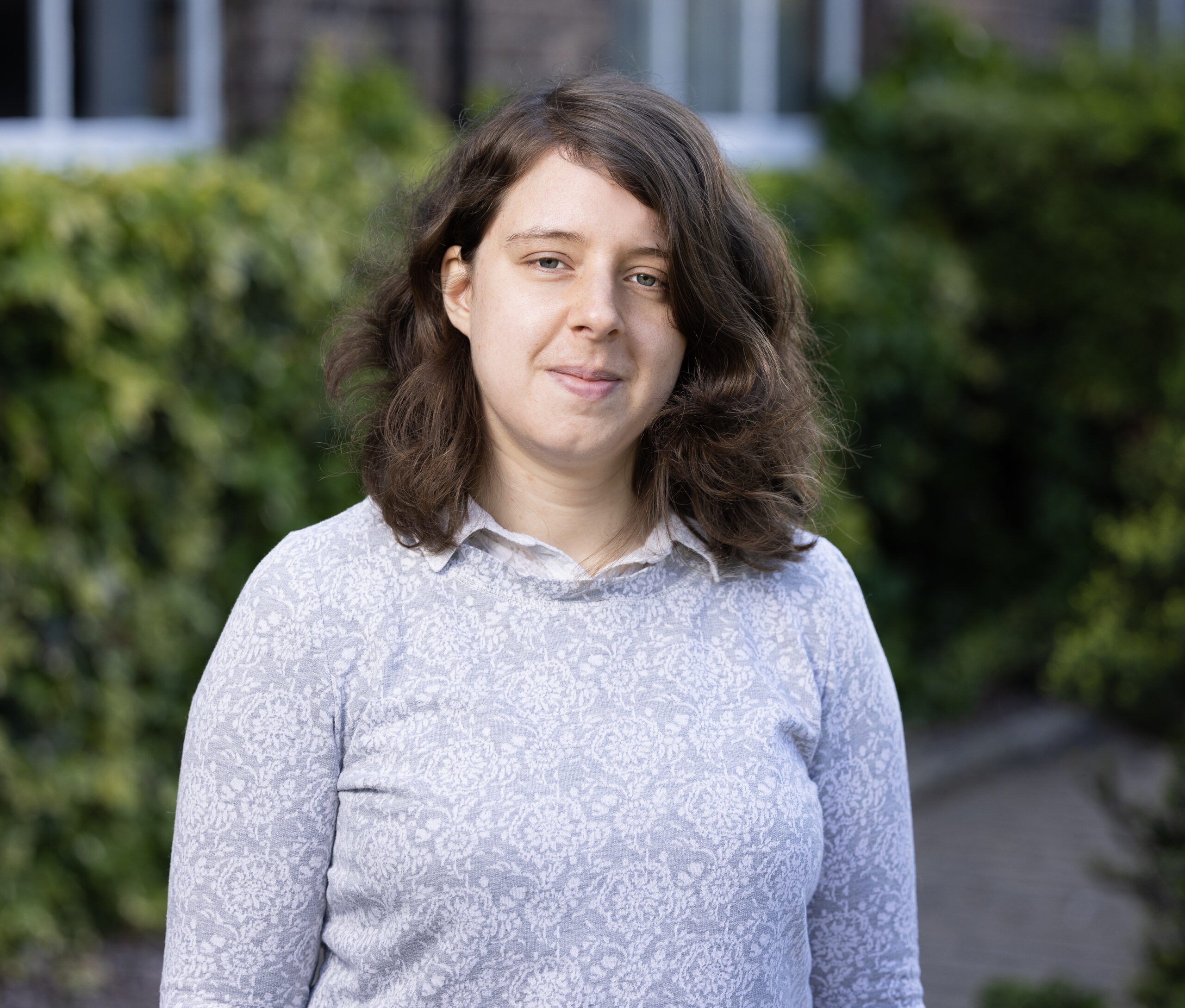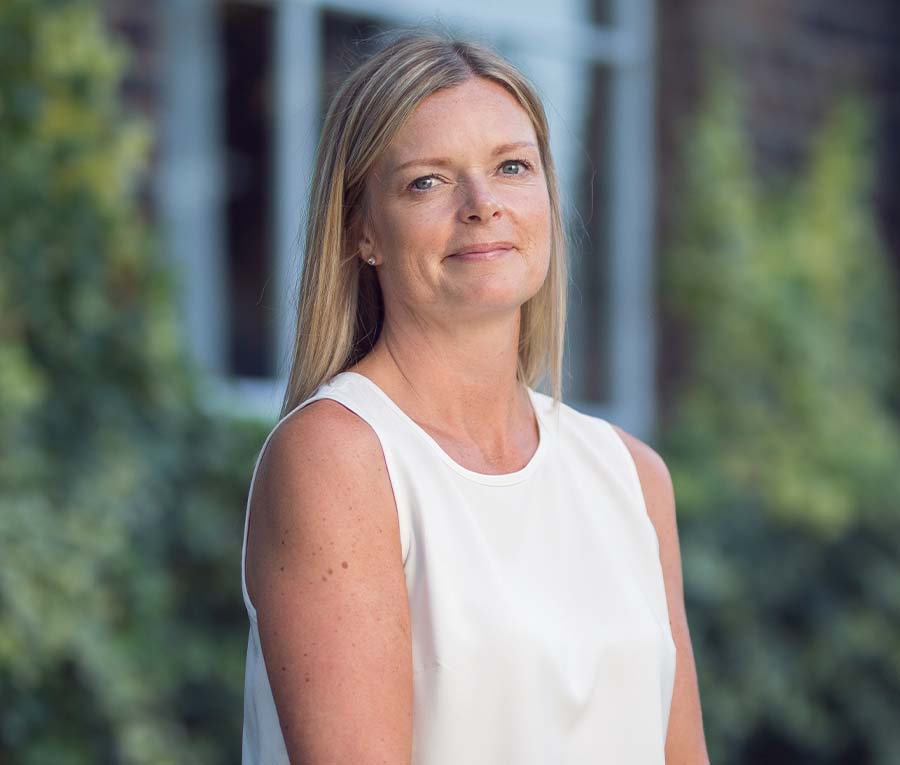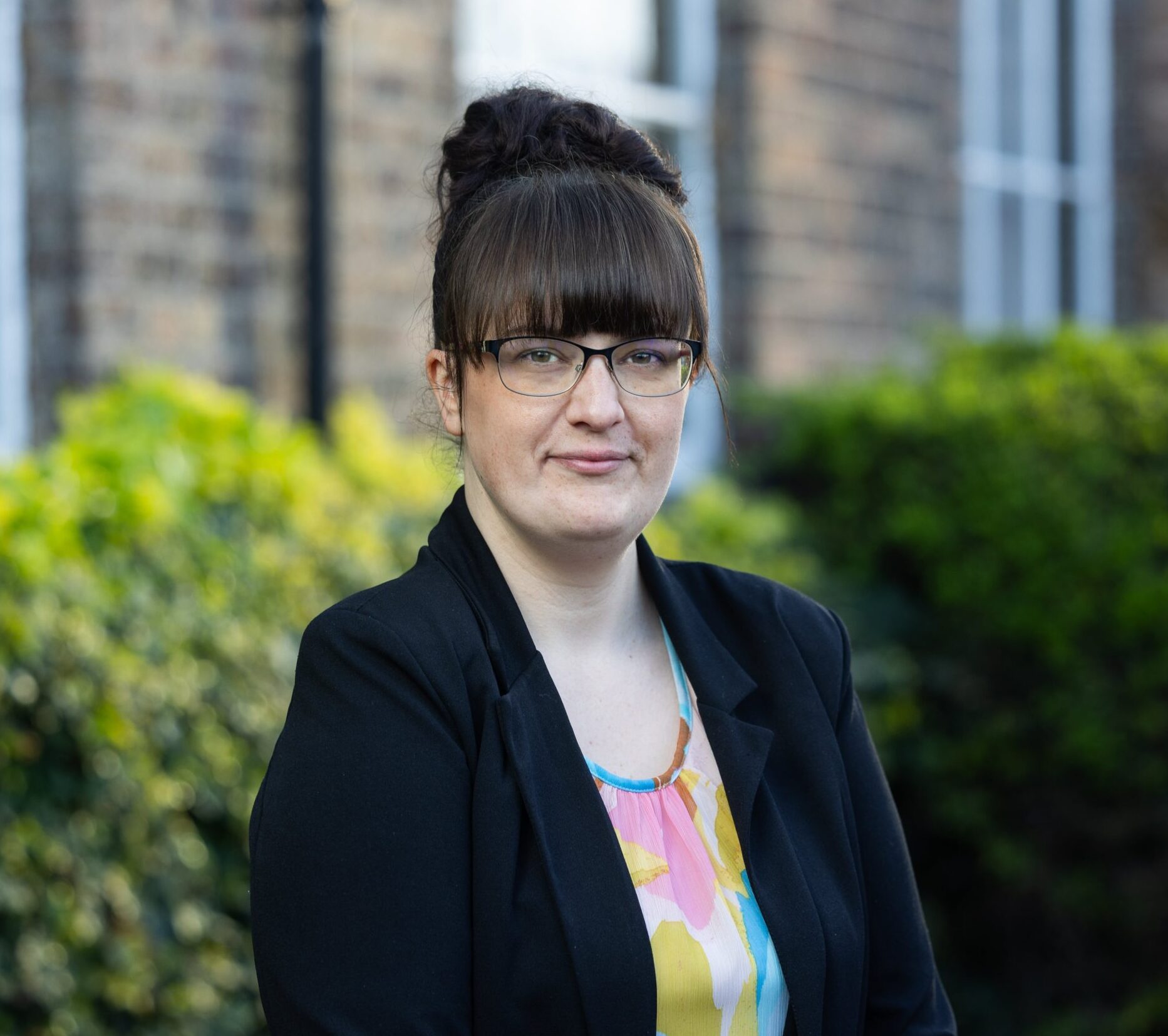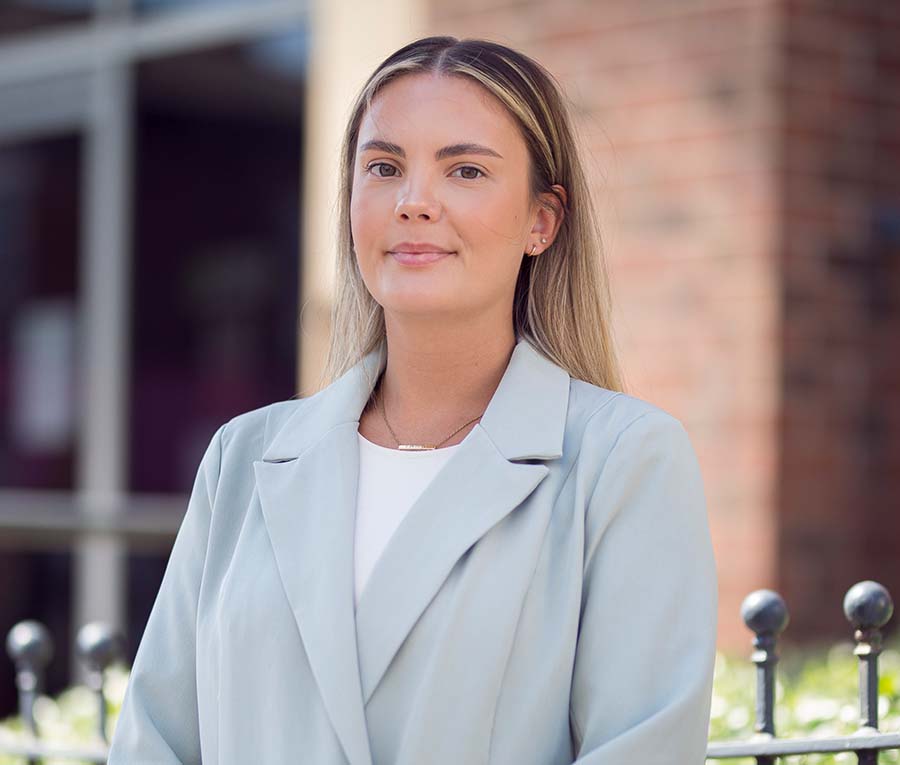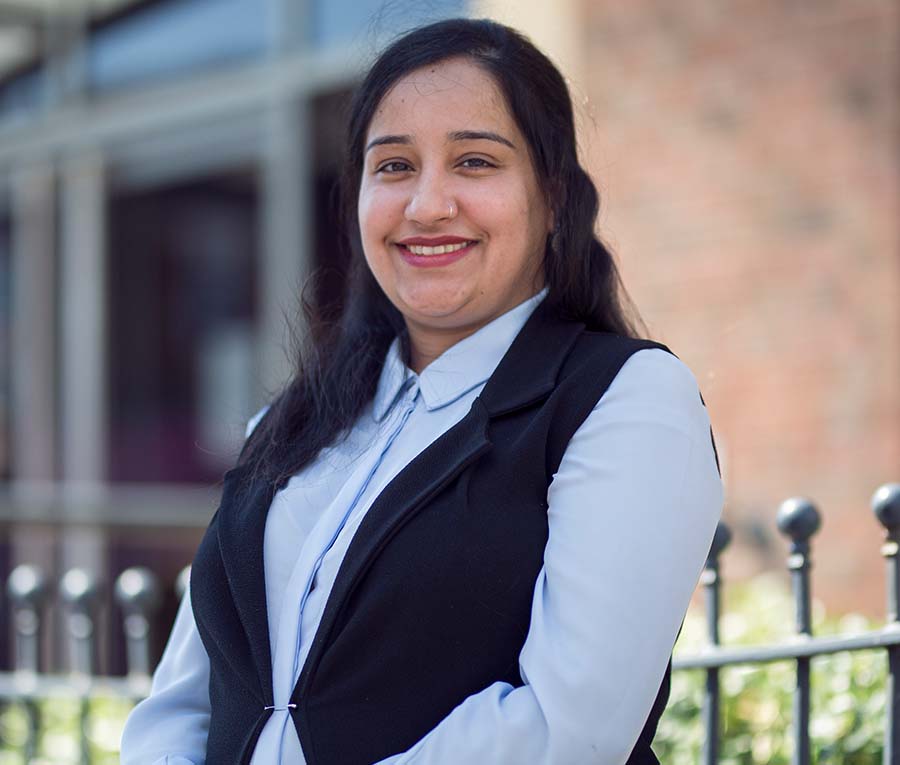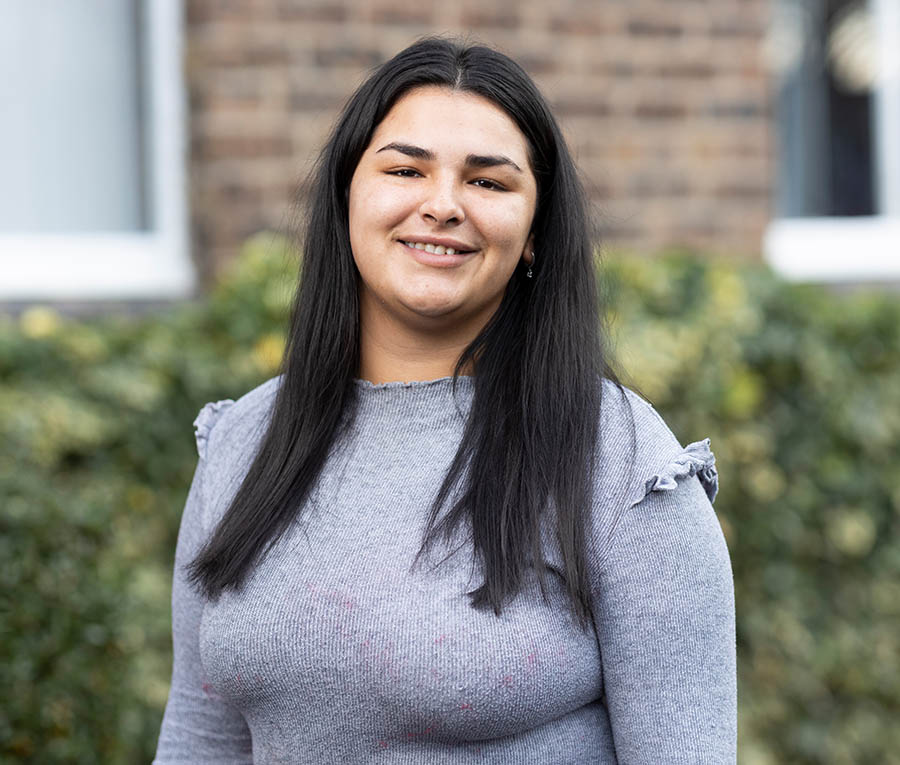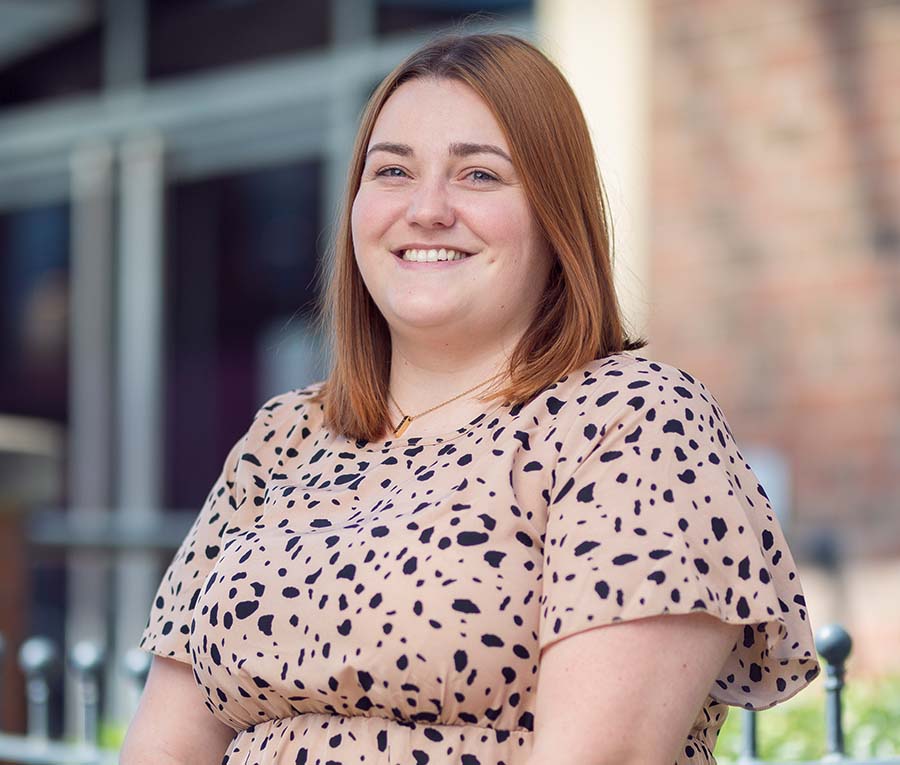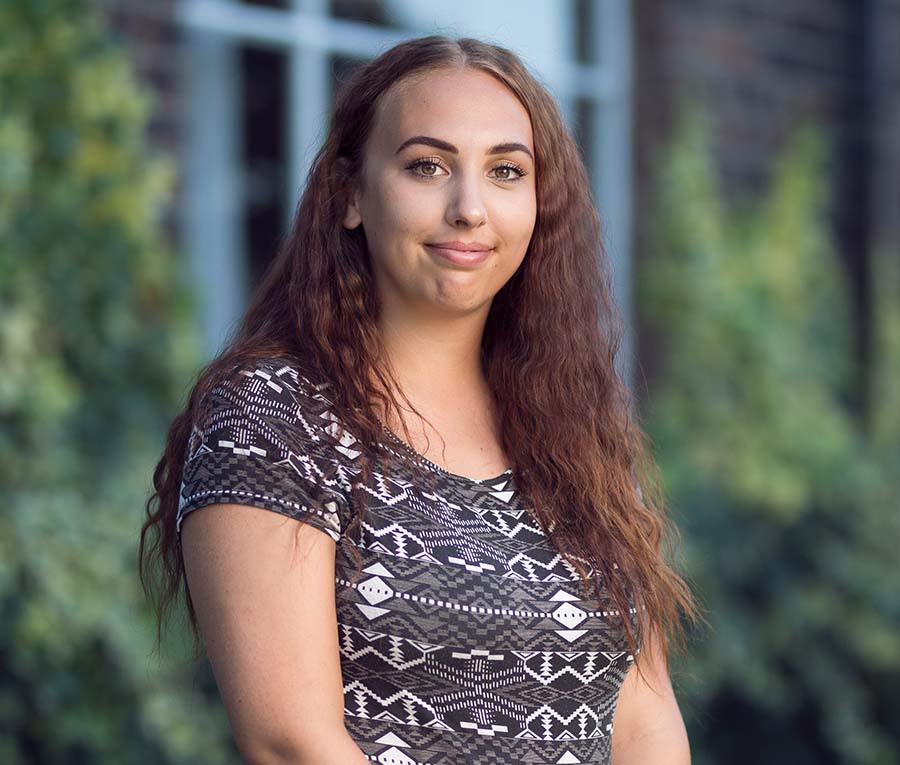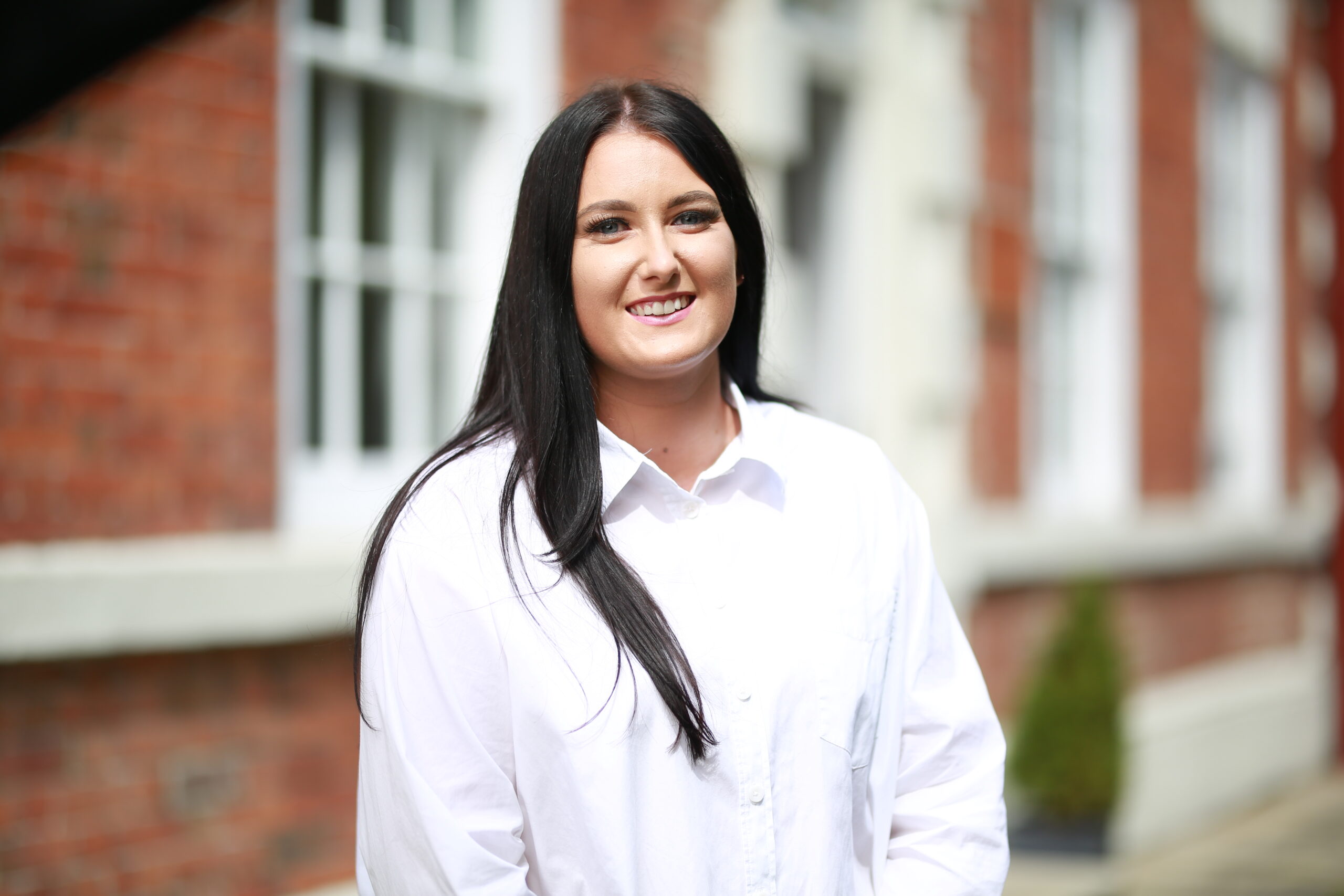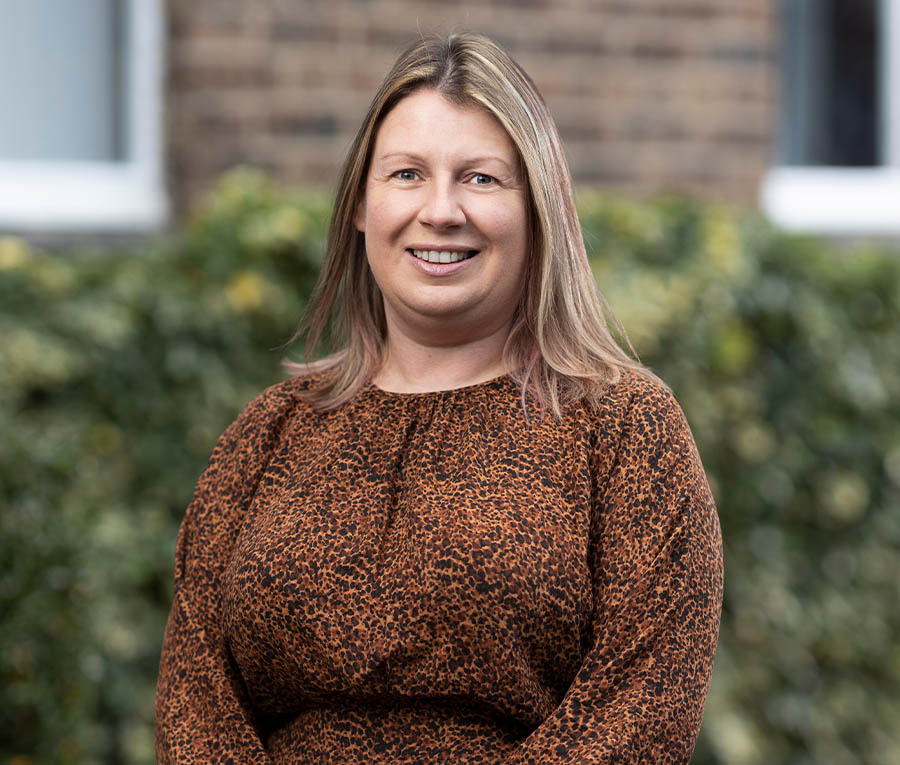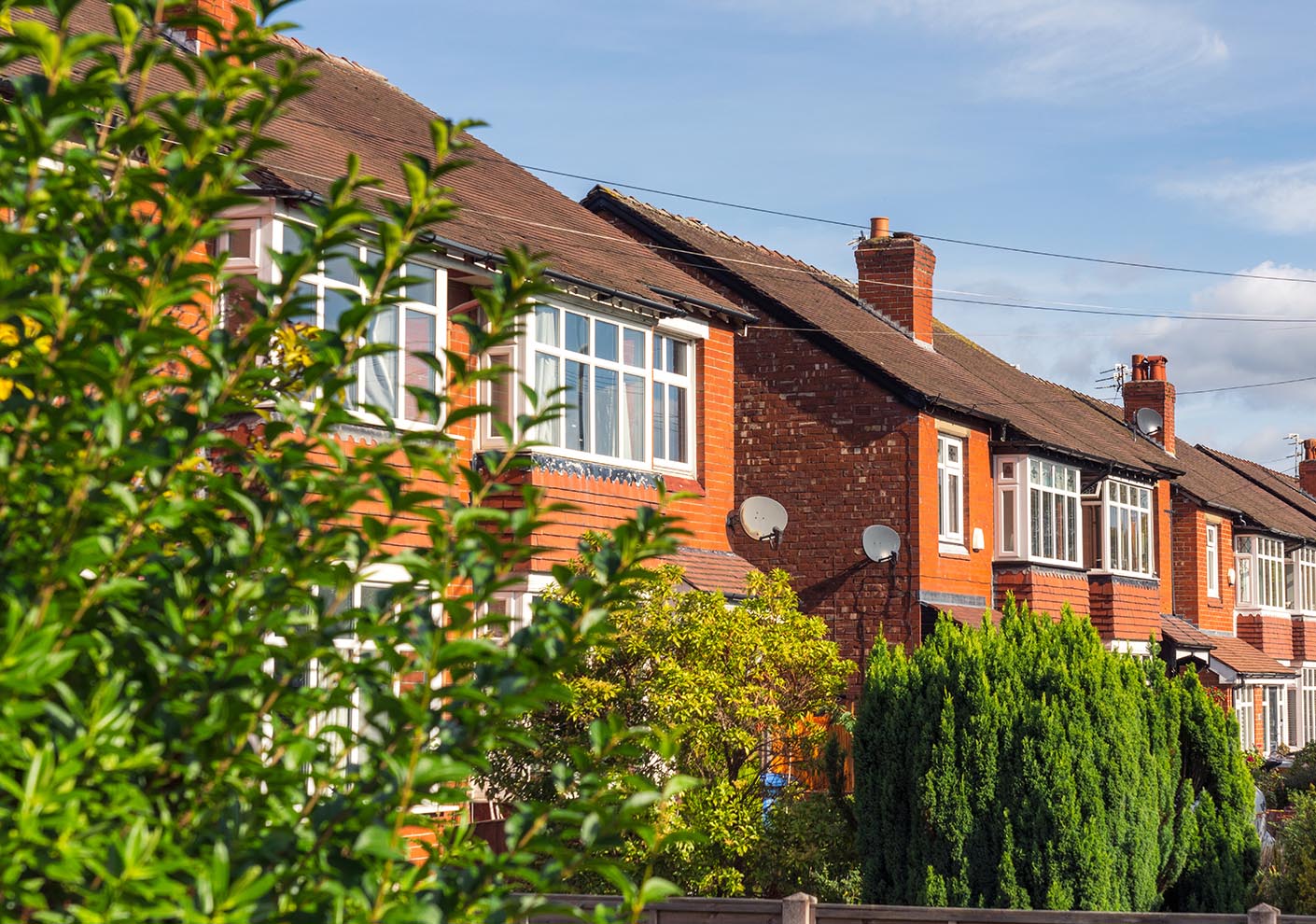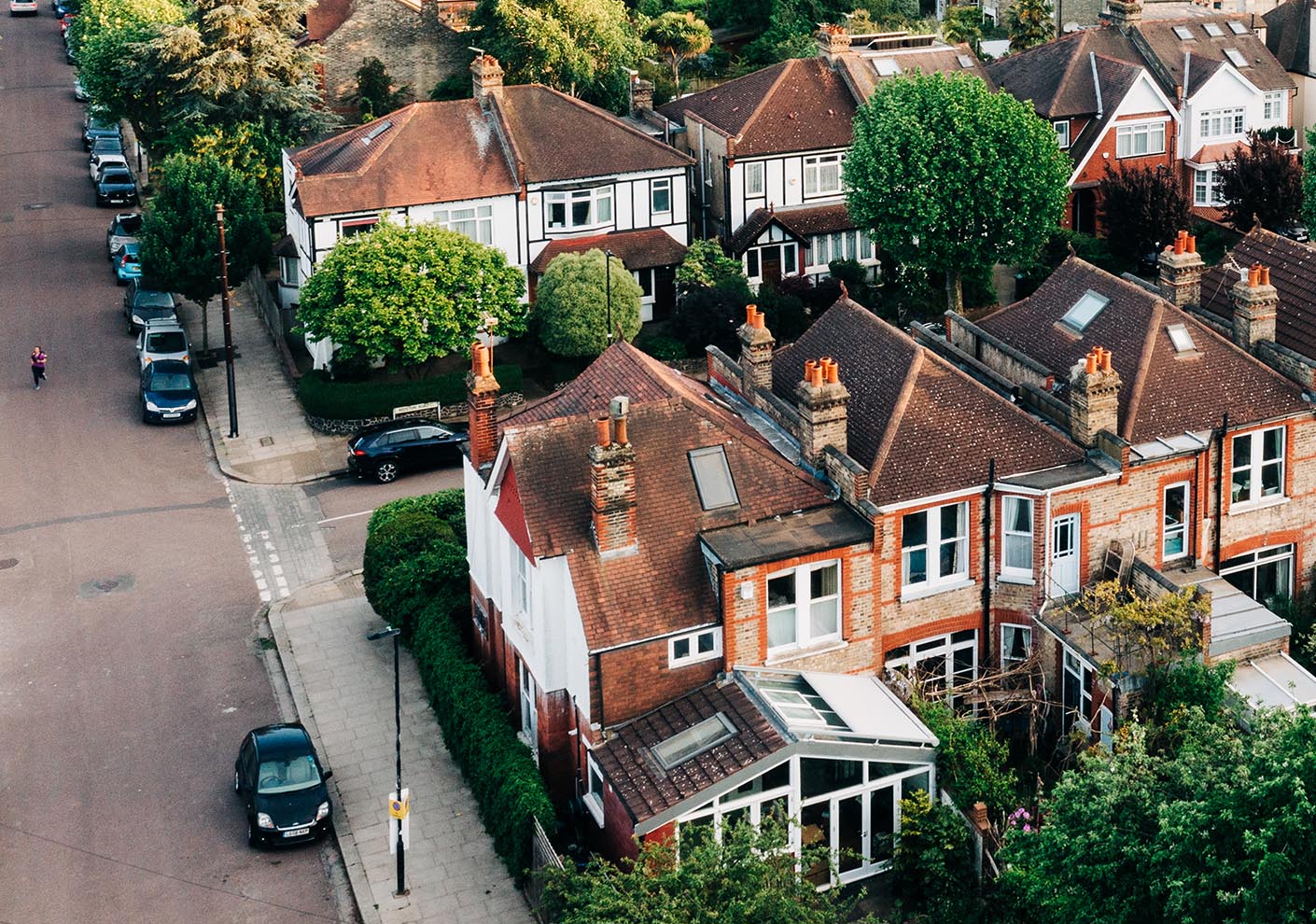What we offer
Handling your house sale or purchase
What is conveyancing?
Conveyancing is the legal transfer of a property from one owner to another and leasing or mortgaging a property.
For a buyer the ultimate aim is to ensure they get the property they want free of any adverse rights or restrictions and for a seller to try to make the transaction as smooth and straightforward as possible.
During the process a conveyancer or property lawyer completes a number of key stages to ensure the property is ready to exchange contracts and complete the transaction.
They also aim to ensure all third parties, e.g. mortgage lenders and estate agents, are up to date to avoid unnecessary delays.
The conveyancing process
This is an overview of the conveyancing process for a standard sale and purchase transaction.
It is difficult to provide a timescale for each stage as most of them run simultaneously. An average timescale from instruction to exchange of contracts is 10-12 weeks but this can be shorter in certain cases or longer if there is a chain of transactions.
- Instructions are taken and ID and source of any funding checked to begin proceedings.
- The seller’s lawyer obtains details of the property’s title, prepares the contract and sends it to the buyer’s lawyer for approval with supporting documentation including forms completed by the seller.
- The buyer’s lawyer carries out searches and makes enquiries on the contract. This involves requesting a number of searches e.g. local authority search, and environmental and water searches, to find out more information about the property.
- The buyer’s lawyer reviews the search results, the title and the contract to raise any concerns or questions with the seller’s lawyer. He/she may also review any legal issues raised by the survey.
- Once the seller’s lawyer has responded to the enquiries and the buyer’s lawyer and buyer are both happy the contract is approved.
- The buyer’s lawyer normally also acts for the mortgage lender if the buyer is taking a mortgage and reports to the lender on the title.
- All parties prepare for exchange of contract. Contracts are signed and exchanged with the other side at which point the completion (moving) date is fixed.
- The buyer’s lawyer prepares for completion. This includes carrying out final searches and requesting any mortgage advance. Deeds are prepared and sent to the parties to sign.
- Completion – funds are transferred and keys are handed over. The buyer’s lawyer pays the stamp duty and registers the purchase with the Land Registry.
Our conveyancing services
When you purchase a property, you’re required to go through the conveyancing process to ensure all legal requirements are met. We can help.
Once you’ve found a buyer, the next step is to instruct a property lawyer (conveyancer) to handle the legal aspects.
Legal input is also needed when it comes to remortgaging a property. Our conveyancers can advise you on the process.
If you want to add or remove someone from the ownership of your home, or change owners entirely, we can help with the legal aspects.
Lease extension and freehold purchase
If you own a flat or a house on a leasehold basis, you may have the option to extend the lease or buy the freehold. We can investigate if this is possible for you.
Conveyancing solicitor costs
When it comes to costs, we offer a fixed price for our legal fees so that there are no unexpected costs.
There will also be third party costs to pay during the conveyancing process; these are costs which we incur on your behalf for items such as searches and stamp duty. All costs, including those from third parties, will be fully explained to you before any work is carried out.





